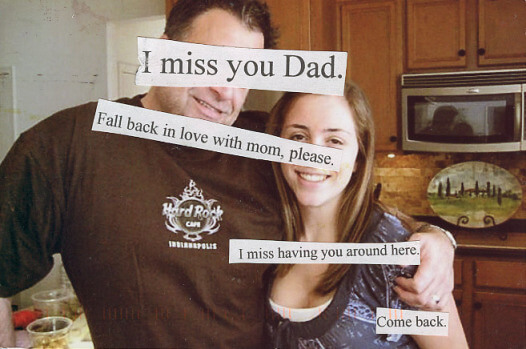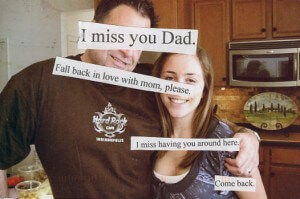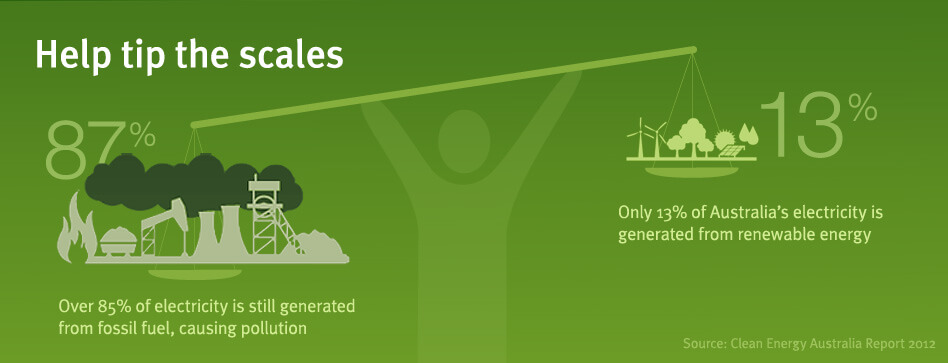Since the 18th August, so almost a month, in the new role, I’ve been grappling with the added commute. Today, the boss asked me how I felt about the roll etc.
I am steadfastly unmoving in my rejection of a permanent role with a 2 hours commute per day. 10 hours a week!
My close colleague cannot understand it.
But I must be more than my job. I must have time to do SES. I need time to do errands. To get a script for the GP and then fill that script – other than on my one day off a month (cause you never need it then). I need to be able to volunteer my time to church or the coop or whatever next piques my interest and fancy. I need to be awake enough to commit to seeing my family weekly, ideally. Certainly not monthly! I need to feel like I could go to a movie or a meal on a weeknight, and not be wrecked for the next day and the week that follows.
Jo at All the Blue Day hit the nail on the head about who I am, when I read this phrase in her post today:
extreme busyness (joining the committee of every group we ever belong to, and becoming indispensable)
That can be me. And in some regards, it can be a bad thing, but it’s part of the whole of who I am and what I do. I don’t just want to be a worker. I don’t just want to do good when I’m paid, and otherwise form a permanent imprint in the sofa! And the longer I’m away from home with work, the more I yearn to solely rest and work on the butt print!
The question is – at what level of pay will I be swayed? The close colleague asked on the train ‘for half the pay, would you take a job closer to home’ – I clarified, half of my now wage (more than ‘usual’) or half of my base wage?
But I’d already done the sums. I mean, that’s why I love to read personal finance blogs.
With a mortgage (and tenants) I’d need a $50k job to cover my costs. If I was to sell my property (and not factor in drawing on savings, or the money earnt in that sale), I’d need $70k. So in answer, yes, I’d take a pay cut, and still be able to live in this lovely apartment, have some walking around money ($120 per week) and cover my essentials. I even factored in $40 for public transport, which is about what it costs now. I wouldn’t take international holidays without some pain, and I wouldn’t be buying things willy nilly. But I could do it.
The question remains, at what price does a role exist that meets my criteria – namely, a reasonable commute from home? Only time will tell. But I am able, and willing, to put the money back on the table to get what I need.








